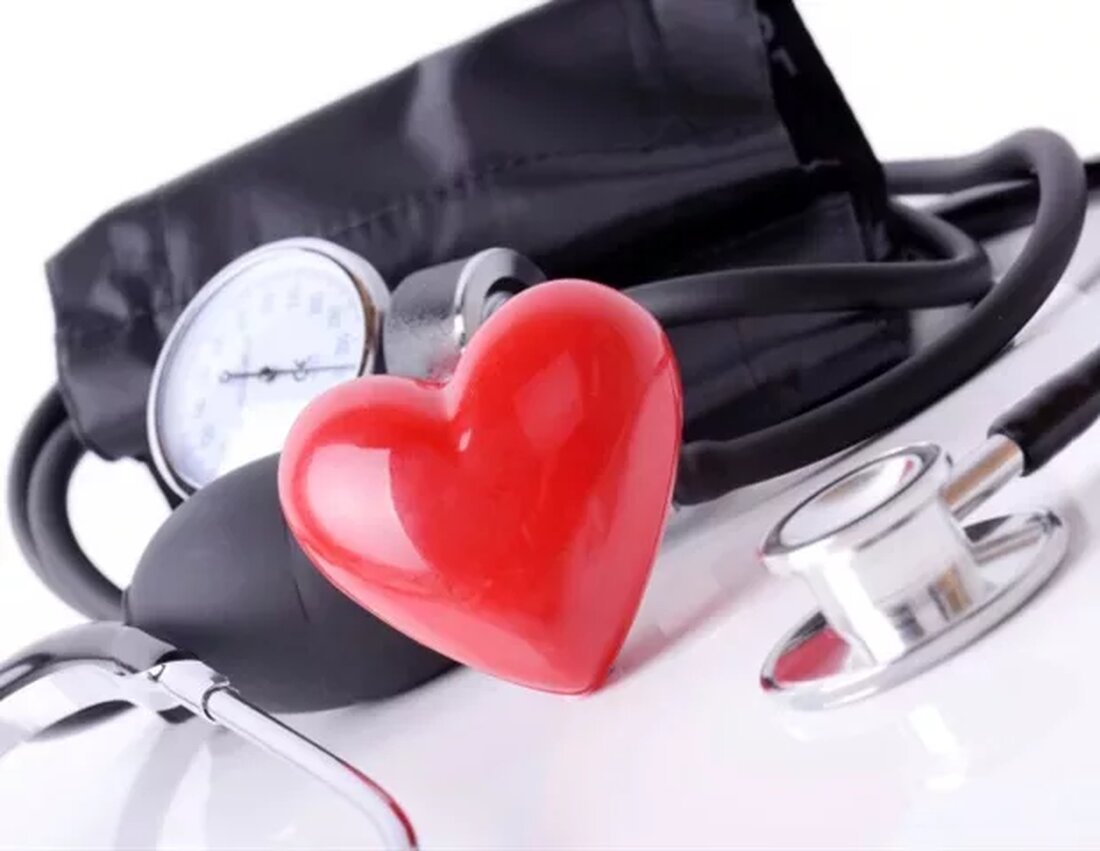Study Finds High Blood Pressure TikTok Videos Often Spread Alternative Healing Methods Without Scientific Evidence - American College of Cardiology's 71st Annual Scientific Session
High Blood Pressure Information on TikTok Lacks Scientific Evidence, Study Finds A recently published study presented at the 71st Annual Scientific Session of the American College of Cardiology found that popular TikTok videos on high blood pressure often discuss alternative medicine and make claims that are not supported by scientific evidence. High blood pressure, also known as hypertension, is one of the most common risk factors for cardiovascular disease and stroke in U.S. adults. The researchers examined the content of TikTok videos focused on this topic. They found that 42% of the videos discussed alternative medicine - more than twice as many as those...

Study Finds High Blood Pressure TikTok Videos Often Spread Alternative Healing Methods Without Scientific Evidence - American College of Cardiology's 71st Annual Scientific Session
High Blood Pressure Information on TikTok Lacks Scientific Evidence, Study Finds
A recently published study presented at the 71st Annual Scientific Session of the American College of Cardiology found that popular TikTok videos about high blood pressure often discuss alternative medicine and make claims that are not supported by scientific evidence.
High blood pressure, also known as hypertension, is one of the most common risk factors for cardiovascular disease and stroke in U.S. adults. The researchers examined the content of TikTok videos focused on this topic. They found that 42% of videos discussed alternative medicine - more than twice as many as those focused on medically based treatments. 14% of videos mentioned products for sale.
Most videos did not contain explicit attribution, leaving viewers unable to know whether the information came from a trustworthy source. The majority of video creators were not medical professionals, and there were few cardiologists among the creators.
The researchers, consisting of medical students from West Virginia University and George Washington University led by Arka Chatterjee, associate professor of medicine at the University of Arizona, analyzed a total of 91 videos with the hashtags #highbloodpressure and #hypertension in a single day (October 11, 2021). The final selection of videos was from the top 100 videos for each hashtag. Videos that were not in English or unrelated to the medical condition were excluded.
Although almost 90% of the videos were classified as educational content, 14% were categorized as advertising. The importance of a healthy diet in controlling high blood pressure was mentioned in 43% of videos, while exercise, another essential component of a heart-healthy lifestyle, was mentioned in only 5% of videos.
Medical treatments were mentioned in 14% of videos, but 42% discussed alternative methods such as herbal supplements, acupuncture or massage techniques, which have not shown improvement in cardiovascular outcomes in recent studies. An example of this is a video that instructs viewers to rub behind the ear 36 times a day to stabilize blood pressure.
Most high-ranking videos were not created by healthcare professionals, and less than half of them were from healthcare professionals. Among the creators, 22% were physicians and 5% were cardiologists.
According to Nanda Siva, the study's lead author and a third-year medical student at West Virginia University School of Medicine, more emphasis needs to be placed on what sources patients turn to for information, whether through social media such as YouTube, TikTok or Twitter. Incorrect information or advice often leads patients to stop taking their medications. Healthcare professionals should be aware that patients often do not understand the scientific literature they read. They should increase their presence on social media and prepare the information in a way that patients can understand.
TikTok is a popular social media platform that allows users to upload and watch video clips. The videos are typically 10-60 seconds in length, but can be up to 10 minutes long. With 1 billion monthly users, TikTok has grown in popularity since its global launch in 2017. About half of the users are under 30, although the age of viewers of the videos studied was not examined. The study was limited due to its reliance on video rankings in a single day. The mix of most popular videos can change quickly as new content goes viral.
As health problems such as high blood pressure become more common with age, social media could play an increasingly important role as an information channel for health issues. It is therefore very important for healthcare professionals to be present on social media and to provide patients with understandable information.
For more information about high blood pressure, visit CardioSmart.org/high-blood-pressure.
The study, titled “Evaluating Hypertension-Related Content on TikTok: A Social Media Analysis,” will be presented on Saturday, April 2, at 3:45 p.m. ET / 7:45 p.m. UTC in Poster Hall, Hall C.
Source: American College of Cardiology

 Suche
Suche
 Mein Konto
Mein Konto
